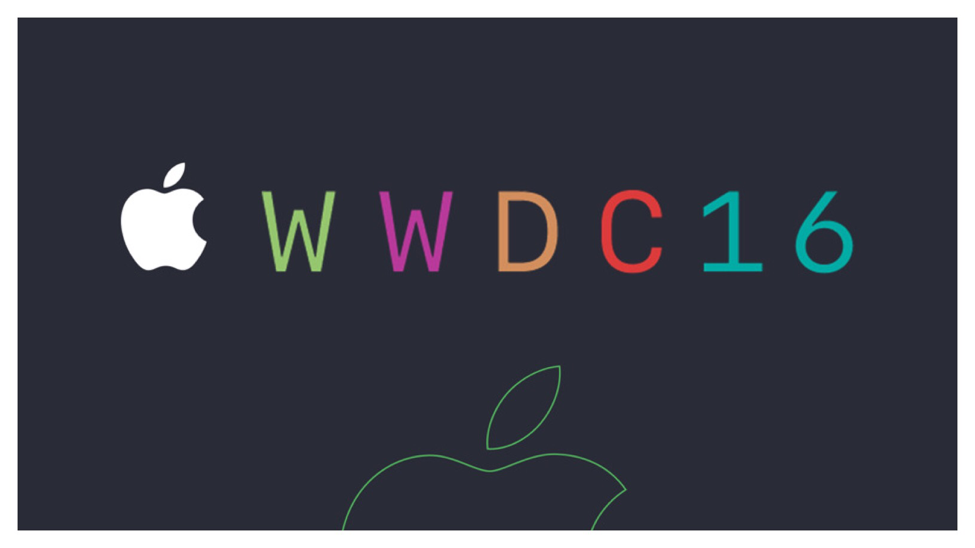This is how I would describe the state of Android these days. The wall is Google, the people inside are happy Android users, and the zombie swarm are corporations who crave all their personal information. But I have a different perspective than 99.9% of the population.
The biggest reason I see things differently is because I’ve been on the other side of that wall. I used to work for the Cabela’s Corporation, a $4 billion dollar specialty retailer of hunting and outdoor equipment. I was a senior operations analyst who specialized in deep-data mining. For instance, when Cabela’s was trying to decide whether or not to keep selling boats at their retail stores, there was a lot of internal debate. The financial commitment in terms of inventory and enlarging our stores was huge. We were literally talking about building lakes next to the stores so that customers could take our boats out for a test drive. The VP who championed selling boats made the case that there was a huge uplift in sales of other high-margin merchandise like sweatshirts and coolers when customers walked in to browse boats. But he had no hard data to back up his claims and nobody took his “gut” seriously.
My mission was to quantify the relationship between boat shopping and the sale of other merchandise. It was possible through following the purchasing habits and histories of individual customers through their credit card numbers. Through the use of deep-data mining, I was able to help settle the debate, and boats were not only offered but expanded. Analysis like this requires names, addresses, credit card numbers, and purchase histories.
Corporations are doing customer trend analysis that was unheard of only a decade ago, and this requires detailed personal information. I remember while doing a study on Cabela’s return policy that I stumbled upon one lucky customer who had bought a pair of $150 Oakley sunglasses about four years prior. Every summer, he called Cabela’s to complain about some quality defect and was promptly shipped a brand new replacement. He got a free pair of Oakleys every summer just like clockwork due to Cabela’s policy of no-questions-asked return policy. It was my job to help explain at what point is the return policy more of a burden than a helpful sales aid. This kind of analysis requires not only names and credit card numbers but behavioral history and addresses.
One way to get this kind of information is to do what Cabela’s did. Grow to a multi-billion dollar size and then sift through your accumulated database. But what if you’re a small to medium sized business? Do you really want to bet the company on a hunch? Wouldn’t it be great if there was a data repository somewhere where you could purchase data and start doing your own analysis? What if you are about to set your retail catalog shipping rates for the next year and aren’t sure how to price shipments to Europe or Asia from North America. Wouldn’t it be nice if there was someplace you could go to give you an idea of the purchasing habits of those nations and the kind of merchandise that most commonly gets shipped there today? I could go on and on with potential scenarios where corporations would need specific information as to your buying habits, address, and yes, even name. I say name because if they can’t get your credit card number it’s the next best thing. And with technologies like Apple Pay anonymizing credit cards, your name is going to be more important than ever in the future. It’s not enough to know your potential customers, you need to know their history.
All this data exists. Google has it and way more. I know they’re not sharing it now. But having lived on the other side of the wall, I know the pressure that they will be under to release it. How much do you trust Google? How strong is Google’s pressure to show a profit? They make 70% of their search revenue from iOS devices. If Apple can successfully undercut this revenue stream, how desperate will Google have to be before they start exploring drastic new revenue streams? And make no mistake, they are sitting on a gold mine.
In today’s world, Google doesn’t supply any of this data to their advertising customers. Like high-priced assassins, they simply take an order for the intended target and then they bag their prey by offering up an ad. Android customers are safely behind the wall and remain anonymous. But the corporations swarming outside Google’s wall are fully aware that Google is sitting on a treasure trove of untapped information that would help them in all manner of ways. The juicy morsels are so close that they can smell them.
I know first hand how this information is used and how deep it can go. I know that individual retailers may have this data,and I’m ok with that, but I certainly don’t want it floating around the Internet. And the comprehensive picture that Google could put together would go way beyond what any single retailer is capable of. If the head of the FBI could go back in time with the mission of creating the ultimate data gathering and spy organization, I couldn't think of a more effective outcome than Google’s Android OS.



 RSS Feed
RSS Feed